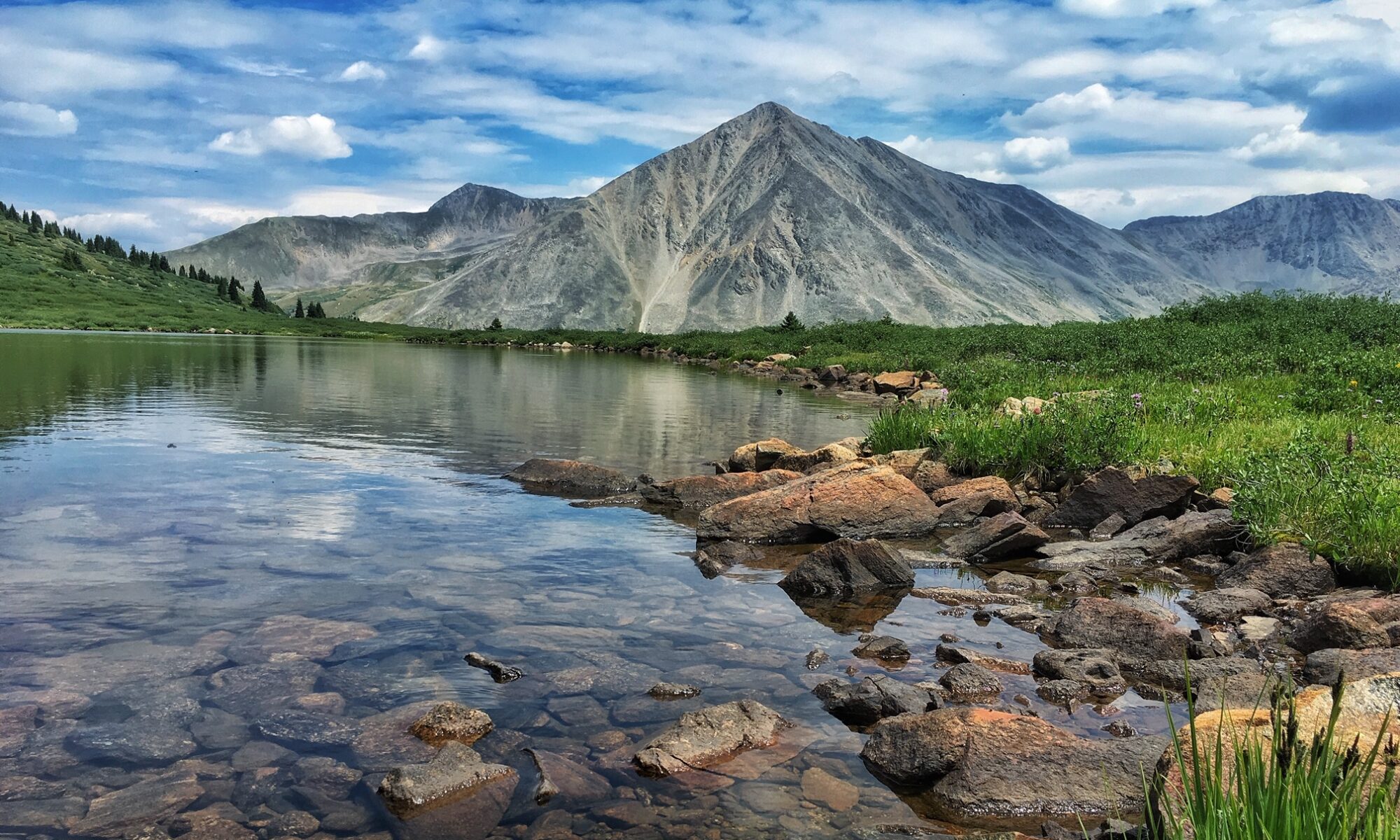The fly fishing community is a rather diverse group. Some fly fishers are plumbers, others are professors. Some are Supreme Court Justices (think Sandra Day O’Connor), others are leftover hippies. Some are college basketball coaches, others are musicians.
What you get from such a varied group of fly fishing enthusiasts is a lot of great stories.
Thankfully, a few fly fishers have written them down for the rest of us to enjoy.
Shortly after I moved to Helena, Montana in 1987, I was browsing in a bookstore in Last Chance Gulch (downtown Helena), and I purchased a little book written by a retired English professor at the University of Chicago. He had reached his seventies before his two children finally convinced him to write down some of the stories he had told them when they were young. The opening paragraph of his little book captivated me, and the story he told touched me deeply. The book begins:
-
In our family, there was no clear line between religion and fly fishing. We lived at the junction of great trout waters in western Montana, and our father was a Presbyterian minister and a fly fisherman who tied his own flies and taught others. He told us about Christ’s disciples being fishermen, and we were left to assume, as my brother and I did, that all first-class fishermen on the Sea of Galilee were fly fishermen and that John, the favorite, was a dry-fly fisherman.
By now you probably recognize the book and its author: A River Runs Through It by Norman Maclean.
The Angler’s Soul
In this book, fly fishing is simply a window into life. Two themes stand out to me:
The first comes from the final sentence of the book: “I am haunted by waters.”
These words emerge from a deep place in an angler’s soul while fly fishing a river in the cool of the day at twilight. It’s what the Oxford scholar, C. S. Lewis, calls “the inconsolable longing.” In his essay, “The Weight of Glory,” he talks about how certain experiences provide the “scent of a flower I have not found, the echo of a tune I have not heard, the news from a country I have never yet visited.”
I remember a poignant moment like that one April evening on the Yellowstone River in Montana’s Paradise Valley. I was fly fishing alone, fighting 16-inch rainbows in the setting sun. As I looked at the red
glow on the snow-covered Absaroka-Beartooths to the east, I thought of bow-hunting elk with my dad in those mountains before cancer took his life. I thought of my grandparents who were buried in a little settlers cemetery on a ridge beneath those peaks.
The rhythm of standing in the river at twilight with fly rod in hand stirred up in me that inconsolable longing. For a few moments, I, too, was haunted by waters.
Fly Fisher’s Inconsolable Longing
A second theme is the book’s big idea, which surfaces a few times right near the end of the story.
After Norman finds out about the death of his brother, Paul, he drives to his parents’ home to tell them the tragic news. Norman says about his mother: “She was never to ask me a question about the man she loved most and understood least. Perhaps she knew enough to know that for her it was enough to have loved him.”
Later, his father wants to know if Norman has told him everything about Paul’s death. Norman says, “Everything.” His father replies, “It’s not much, is it?”
To which Norman replies, “No, but you can love completely without complete understanding.”
His father says, “That I have known and preached.”
I think about that conversation when I reflect on the life of a buddy in Helena, Montana, with whom I often fly fished. He was one of the happiest guys I’ve ever met. Or so I thought.
A couple years ago, his wife notified me that my friend had taken his life. It turns out that he battled depression for years. I was his pastor and his friend, yet I did not realize the emotional anguish that cut deeply into his soul.
I thought I understood him, but I didn’t. As the elder Maclean said, “It is those we live with and love and should know who elude us.”
News of a Distant Country
Fly fishing has a unique way of forcing me to think deeply about life. I fly fish for joy of catching trout. But some evenings on the river stir something deep within me. I think about those whom I love yet fail to understand. And the poignant ache, or inconsolable longing, gives me the news of a country I have never visited.
In those moments I, too, am haunted by waters.
(photo credit: Jim Keena, Bozeman, Montana)


